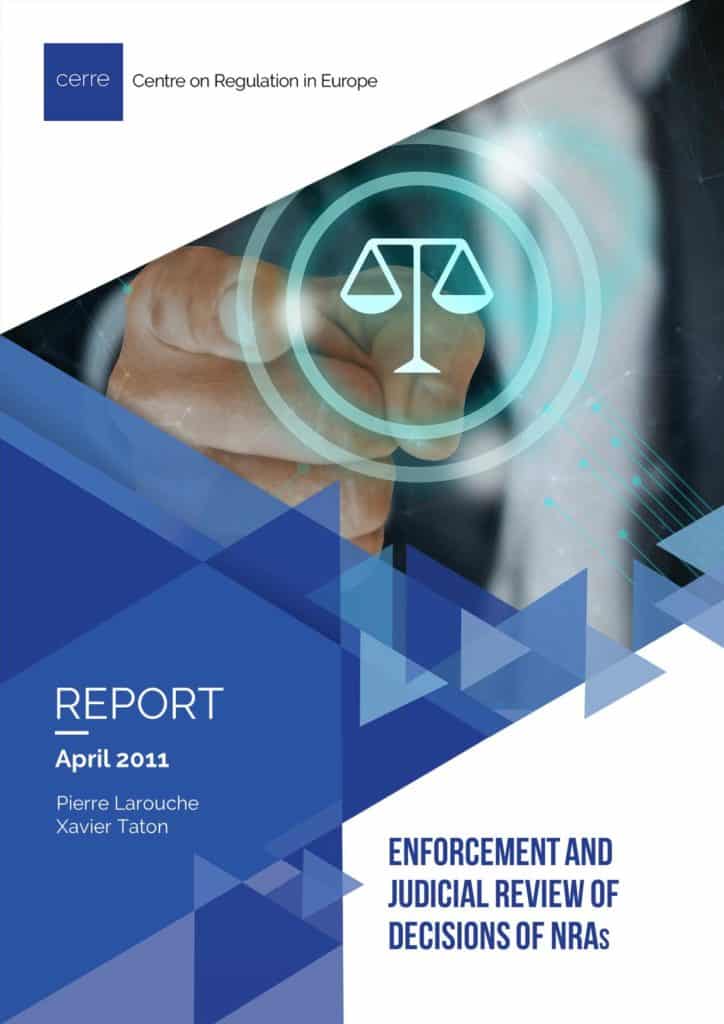and University of Montréal
Prof. Pierre Larouche holds the chair of Law and Innovation at Université de Montréal, where he also directs the PhD programme on Innovation, Science, Technology and Law.
A graduate of McGill University, Bonn University and Maastricht University and a law clerk at the Supreme Court of Canada, Pierre Larouche was Professor of Competition Law at Tilburg University (Netherlands) from 2002 to 2017. There he founded and directed the Tilburg Law and Economics Center (TILEC), one of the largest research centres on economic governance. He also conceived and launched the Bachelor Global Law, an innovative law degree inspired by his meta-comparative and inter-disciplinary method. In his capacity as Associate Dean, he led the LL.B. reform at Université de Montréal. Pierre Larouche also taught at the College of Europe (Bruges) (2004-2016), and he has been a guest professor or scholar at McGill University (2002), National University of Singapore (2004, 2006, 2008, 2011, 2013), Northwestern University (2009-2010, 2016-2017), Sciences Po (2012), the University of Pennsylvania (2015) and the Inter-Disciplinary Center (IDC, 2016).
Pierre Larouche’s research centers around economic governance, and in particular how law and regulation struggle to deal with complex phenomena such as innovation. An expert in competition law and civil liability, his works have been cited by the European Court of Justice and the UK Supreme Court, and they have influenced EU policy on electronic communications, competition and standardisation.
Prof. Pierre Larouche holds the chair of Law and Innovation at Université de Montréal, where he also directs the PhD programme on Innovation, Science, Technology and Law.
A graduate of McGill University, Bonn University and Maastricht University and a law clerk at the Supreme Court of Canada, Pierre Larouche was Professor of Competition Law at Tilburg University (Netherlands) from 2002 to 2017. There he founded and directed the Tilburg Law and Economics Center (TILEC), one of the largest research centres on economic governance. He also conceived and launched the Bachelor Global Law, an innovative law degree inspired by his meta-comparative and inter-disciplinary method. In his capacity as Associate Dean, he led the LL.B. reform at Université de Montréal. Pierre Larouche also taught at the College of Europe (Bruges) (2004-2016), and he has been a guest professor or scholar at McGill University (2002), National University of Singapore (2004, 2006, 2008, 2011, 2013), Northwestern University (2009-2010, 2016-2017), Sciences Po (2012), the University of Pennsylvania (2015) and the Inter-Disciplinary Center (IDC, 2016).
Pierre Larouche’s research centers around economic governance, and in particular how law and regulation struggle to deal with complex phenomena such as innovation. An expert in competition law and civil liability, his works have been cited by the European Court of Justice and the UK Supreme Court, and they have influenced EU policy on electronic communications, competition and standardisation.



